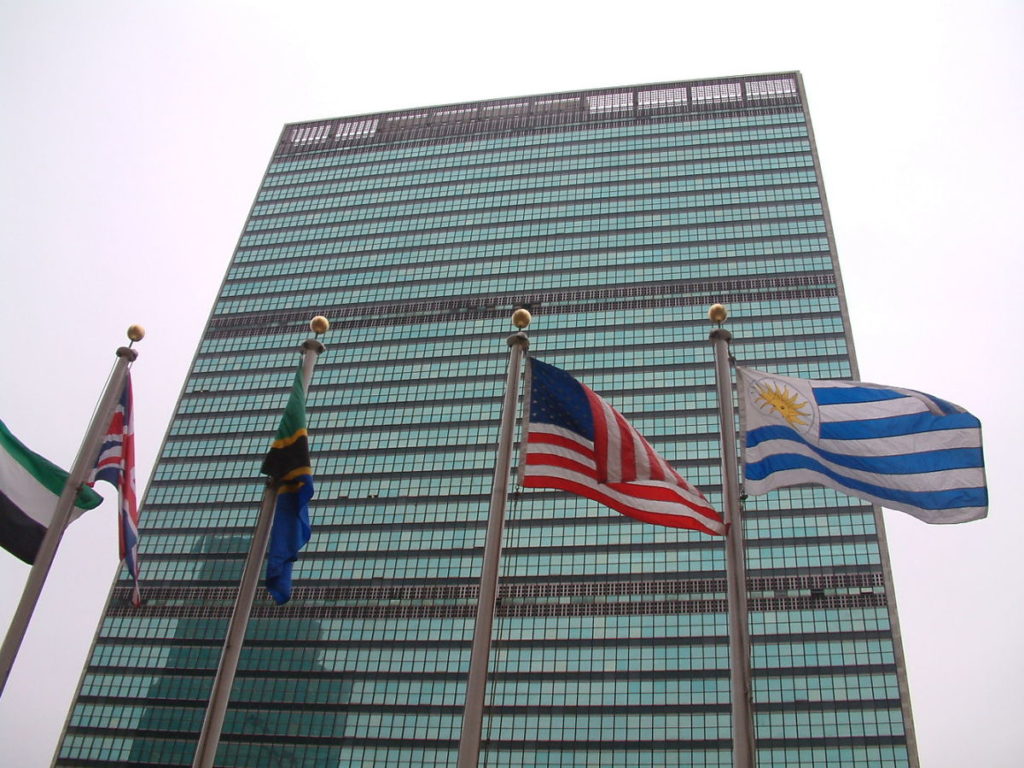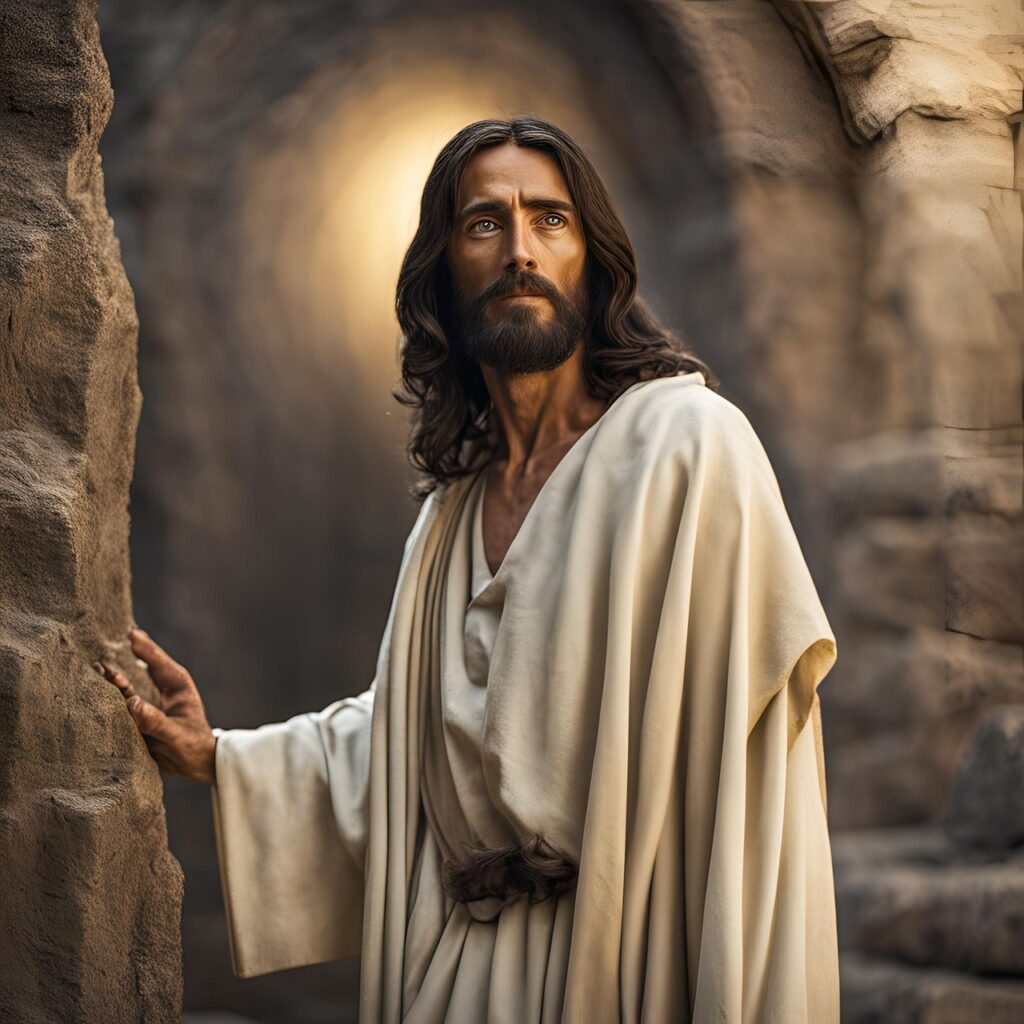Mr. Chair,
The Holy See is pleased to participate in this Sixty-Fifth Session of the Commission on the Status of Women and to offer some reflections on its priority and review themes.
Violence against women and girls
In the twenty-five years since the Fourth World Conference on Women, which “rendered a great service by casting a spotlight on violence towards women and girls,”[1] significant efforts have been made at the local, national, and international levels to prevent and punish violence against women and girls.
Yet, there is more to be done. In many places, stay-at-home orders have coincided with increased calls to domestic violence helplines. Women and girls also experience abuse and exploitation through human trafficking, particularly sex trafficking, in which they are assaulted, raped, exploited, and sometimes even forced to undergo abortions.[2] These problems require renewed commitment to eliminate persistent and pervasive violence.
Aid to victims ought to ensure women’s and girls’ safety and provide them with psycho-social, medical, financial and legal assistance to foster their healing and social reintegration without leaving violence unpunished. Tens of thousands of Catholic social institutions have been offering such support, including during the current pandemic.
Tragically, there are practices in many of our societies that actually abet trafficking and violence against women and girls through their objectification and commodification, such as in pornography. Far from a harmless habit, pornography accustoms men and, increasingly, boys, to view women and girls as objects to be used rather than persons to be respected.
Women’s participation in public life
Mr. Chair,
The Holy See affirms the importance and urgency of the promotion of women so that they may realize their full potential and contribute to the common good of society. “In all expressions in the life of society, the presence of women must also be guaranteed,” especially “where important decisions are made.”[3] Many societies are unfortunately still far from reflecting clearly women’s equal dignity.[4]
The inclusion and promotion of women’s participation in public life means accepting and honoring every woman in all aspects of her personhood, including her unique ability to bear children and to give voice to the weakest. We should aim for an equality between women and men that can build a new and fair relationship among them. Society must combat the “motherhood penalty” that inhibits mothers from continuing their education or that creates disadvantages for them at work compared to male colleagues.
Integral human development, women, and education
Mr. Chair,
Ensuring that all girls and women have access to education is indispensable to their integral development. The better the education they receive, the greater the opportunities open to them. This, in turn, benefits future generations, as educated mothers are better able to send their own children to school, breaking the cycle of poverty and exclusion.[5]
Integral human development needs the voice and the experiences of women.
Thank you for your kind attention.
[1] Prof. Mary Ann Glendon, Statement of the Holy See at the Fourth World Conference on Women, 5 September 1995.
[2] Pope Francis, Fratelli Tutti n. 24: human trafficking is a “perversion that exceeds all limits when it subjugates women and then forces them to abort.”
[3] Pope Francis, Evangelii Gaudium n. 103.
[4] Pope Francis, Fratelli Tutti n. 23.
[5] CSW60 statement.
Copyright © 2021 Permanent Observer Mission of the Holy See to the United Nations, All rights reserved.
 (EN)
(EN)
 (ES)
(ES)
 (IT)
(IT)






